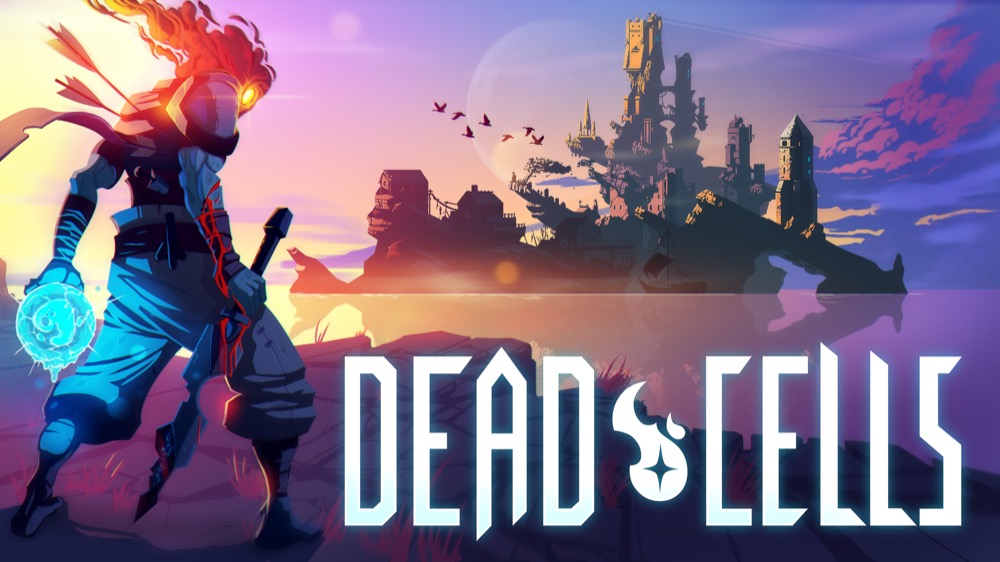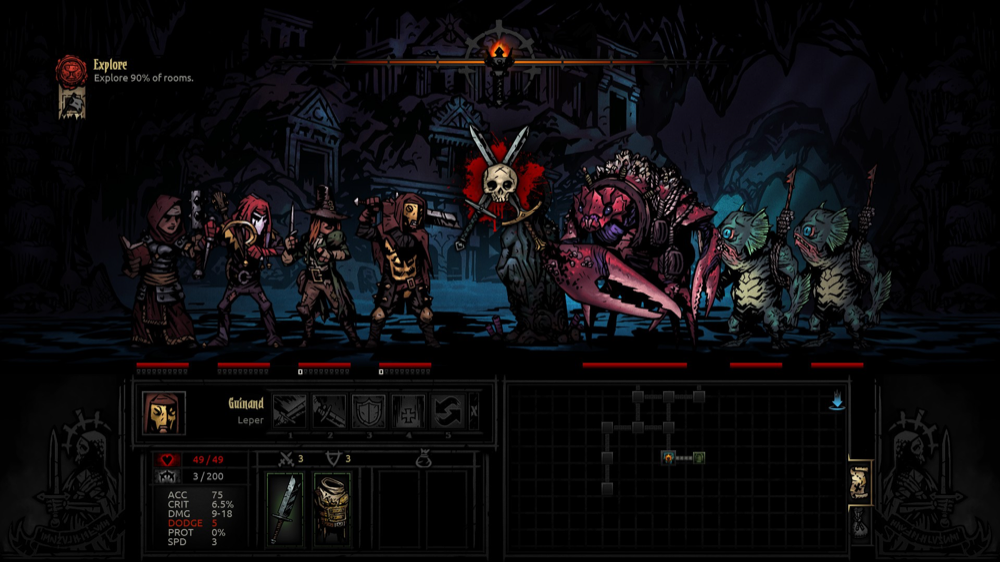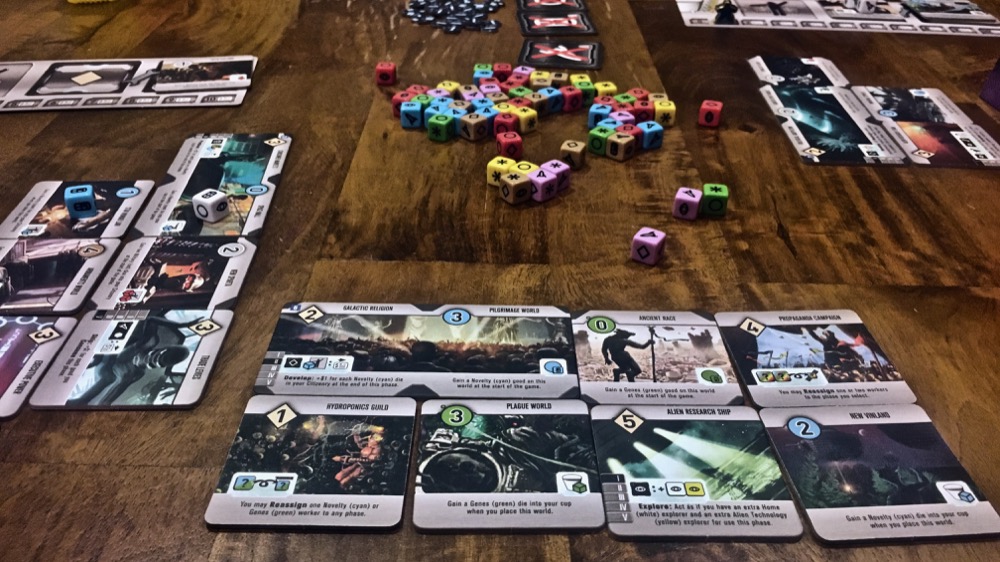I buy a lot of games. Most of them I play for 10 minutes just to scope out the competition.
For most games 10 minutes is more than enough.
I bought Dead Cells to other day for just this reason. I heard interesting things about it and thought it warranted a 10 minute “checking out”.

I’m not a platform person. I grew up playing PC games and largely skipped the early Nintendo phase including games like Mario and never fully embraced console gaming. I never got good at platforming and hate it to this very day. There is a lot to like about Spelunky, but the platforming has always gotten in the way and I plough my way though to marvel at the design. The same is true of Celeste.
I expected Dead Cells to be more of the same. But I was wrong. I’m having a great time.
I think the key difference is the platforming in Dead Cells is easy. It doesn’t seem to be a skill they want you to grow in any meaningful way. The “game” isn’t about getting good at complex platformobatics (I just made that word up); it’s more about quick combat skills and building your character. That’s stuff I like and am good at.
For a pixel game its also very polished and has set a new bar for my game. Well done Dead Cells.



